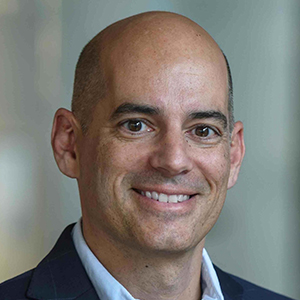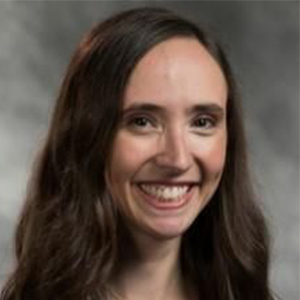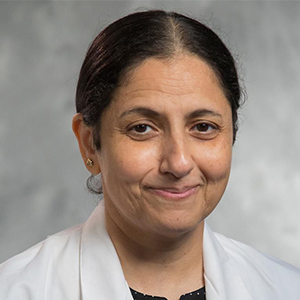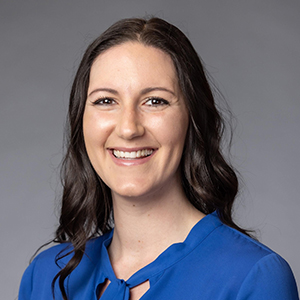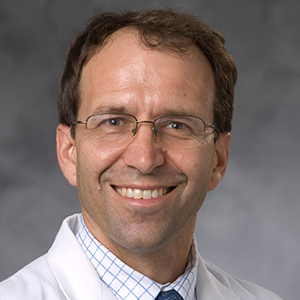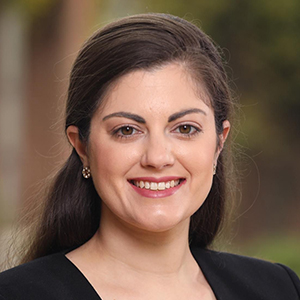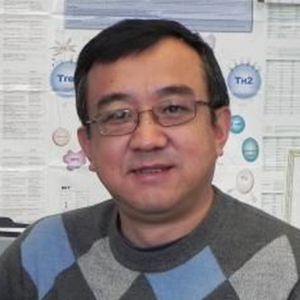At the Chen Center, we work across disciplines and institutions to build a strong foundation for innovation, including:
- Medical specialists from multiple disciplines, such as genetics, hepatology, neurology, endocrinology, and related fields
- Basic science laboratories exploring molecular mechanisms of disease and advancing novel therapies approaches
- Translational teams conducting preclinical studies and IND-enabling work
- National and international academic and industry partnerships
- Partnerships with community-based and patient advocacy groups
Affiliated Faculty
Affiliated Staff and Research Personal
Jeong-A Lim
Su Jin Choi
Seung-Hye Jung
Elizabeth Brooks
Scott Mofield
Amy Jackson
Collaborators
The Chen Center builds on a dynamic network of internal and external collaborators, including close partnerships with Duke colleagues and partners around the world, who advance our research, education and community impact and share a commitment to advancing health.
Here are some of our Duke Collaborators, physicians and scientists.
Andrew Allen, PhD
Jillian Hurst, PhD
Phillip Brian Smith, MD, MHS, MPH
Pediatric Statistics and Data Sciences Support Core
Tracy Boggs, PT, MPT, NCS
Laura Case, PT, DPT, MS, PhD, PCS, C/NDT


